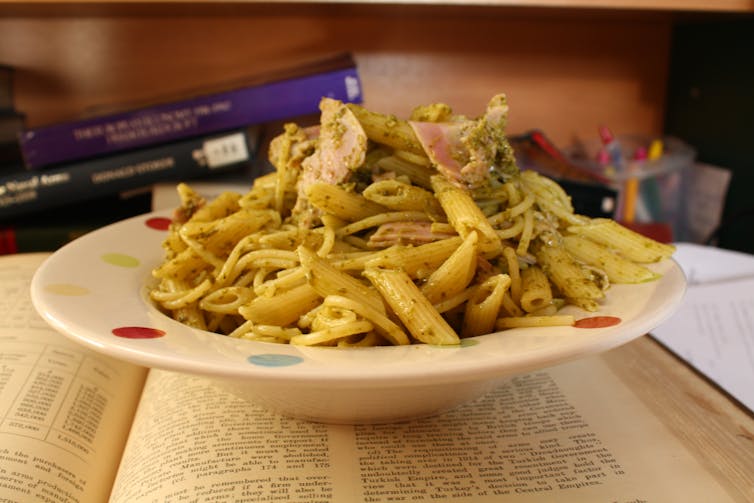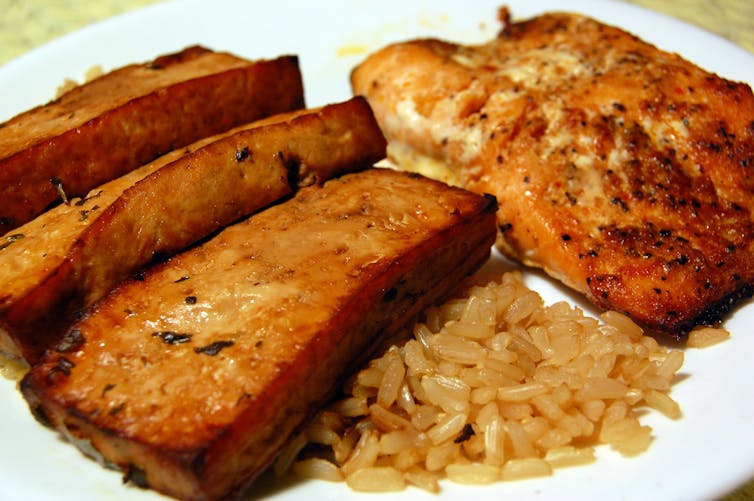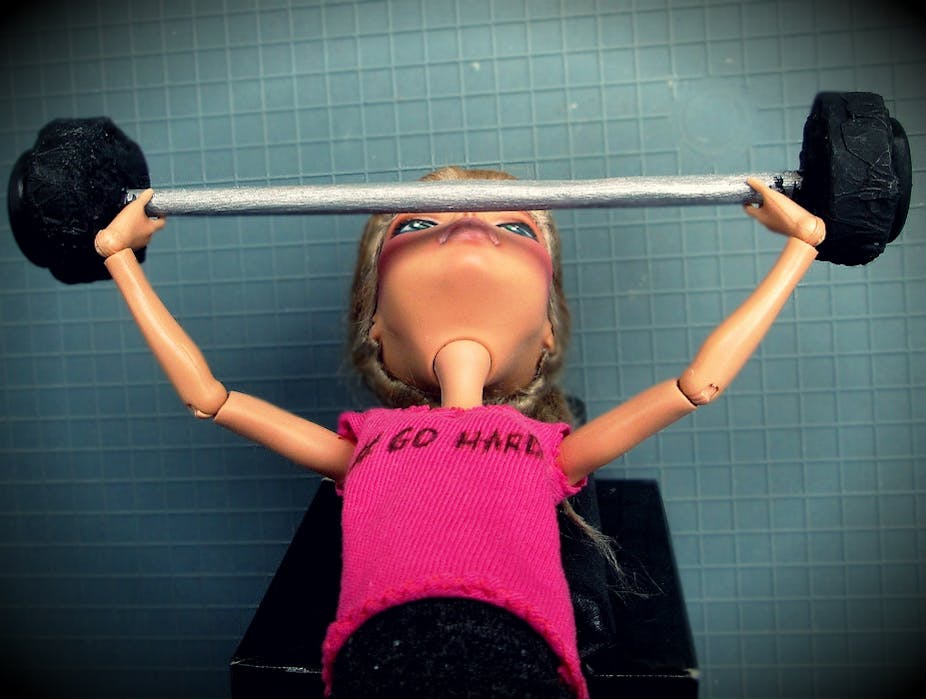Sports performance was once thought to be enhanced by practices such as drinking cognac before an Olympic marathon run. Thankfully, today’s nutrition strategies are more scientific and properly researched.
We now know quite a lot about when and what to eat before, during, and after exercise for better performance. Of course, what you eat at all these points plays a role but what you eat to recover after exercise (recovery nutrition) supports the body’s physiological adaptation to the demands of training and competition. And it prepares the body for the next event.
It replenishes fuel stores in muscles and the liver, minimises muscle loss and encourages muscle growth and repair, minimises fatigue and injury, and supports immune function. Replenishing fluid is also vital but outside the scope of this article.
Re-fuelling after exercise is important for maintaining adequate energy stores for beneficial changes in your muscles (training adaption). But it shouldn’t be in excess of the metabolic demands of what you’ve done if you want to maintain appropriate weight, body composition and support performance goals.
Getting carbs right
Training and competition require energy, and the energy muscles use is supplied by a mix of fuels in different proportions depending on the intensity and duration of exercise. In general terms, carbohydrates are the primary fuel source as exercise intensity increases.
The type of carbohydrate used by the body as fuel for exercise is glucose. Consuming carbohydrates before and during prolonged exercise (such as a marathon run) will replenish glucose, delay the onset of fatigue, and allow you to compete for a longer period of time.
Glucose is stored in the muscles and liver as glycogen, and research shows low muscle glycogen can impair performance. Depending on when the last carbohydrate meal was consumed, glycogen reserves can be depleted after about 60 to 90 minutes of intense exercise.
Planning for glycogen replacement requires adjusting for variations in exercise intensity and duration, the amount of muscle you have, your training goals, and dietary intake at other times, including before and during events. So total carbohydrate targets can vary considerably.

Post-exercise carbohydrate recommendations for athletes generally suggest consuming about 1.2 grams of carbohydrate for each kilogram of body weight within an hour of completion, and each hour for four hours after activity. This should be followed by regular carbohydrate intake appropriate to meet daily requirements.
Replacing muscle protein
But there are also other things you’re going to need to recover properly. What you generally eat and the type of exercise you do can both affect the synthesis of protein in your muscles.
Physical training is a stimulus for muscle growth and adaptation. Hard-working muscles come under stress during physical activity, and the body’s limited reserves of amino acids (what proteins are made from) become rapidly depleted.
Consuming protein or amino acids after exercise can reduce muscle breakdown and encourage new tissue growth. But here again, individual responses and requirements can vary quite a lot.
The type and amount of your protein intake both play a role in muscle reconditioning after exercise, with some evidence suggesting that dairy proteins, such as whey protein, may offer advantages over other sources.
But studies are not consistent about ideal timing. Some suggest consumption before exercise while others recommend consumption within 24 hours of completion offers most benefit.
Generally speaking, consuming 20 to 25 grams of quality protein as soon as possible after exercise is recommended for building muscle and help reconditioning. Another recommendation is around 0.25 to 0.3 grams protein per kilogram of body mass.
Best foods
It follows that foods containing both carbohydrates and protein are generally recommended as being best for recovery. And there are other advantages – consuming protein with carbohydrates may improve glycogen replenishment and reduce muscle breakdown. The optimal carbohydrate to protein ratio for glycogen replenishment is three to one.

In general, moderate to high glycaemic index, low-fibre carbohydrate sources are preferable because they’re digested and absorbed rapidly. And good quality plant- or animal-derived protein foods are better because they contain essential amino acids.
The average person exercising at low to moderate intensities for around 30 minutes a day on most days of the week, should follow general dietary guidelines to meet their energy and nutritional needs.
But it’s worthwhile trying to adjust mealtimes to coincide with recommended post-workout time (30 to 90 minutes) for eating. Adding an extra recovery meal, or a high-sugar sports drink, will merely increase your risk of consuming more than you need.
Specialised nutrition plans are particularly useful for highly active and trained people who engage in moderate to high intensity activity for between two and six hours every day most days of the week.
Energy requirements increase at this level and carefully planned nutrient intake and timing will support performance while minimising fatigue and injury.
Here are a few examples of foods that may support an athlete’s recovery eating plan, containing protein, as well as approximately 50 grams of carbohydrate:
- two cups of breakfast cereal with milk,
- two slices of toast with 220 grams baked beans,
- a large baked potato with cottage cheese plus glass of milk,
- 200 grams of fruit yoghurt with 300 grams of fruit, or
- a bread roll with lean meat or cheese and a large piece of fruit
The most important thing to remember is that there is no one size that fits all. Individual nutrition plans are best developed with the help of qualified sports nutrition experts and may involve some trial and error for the best outcome.

